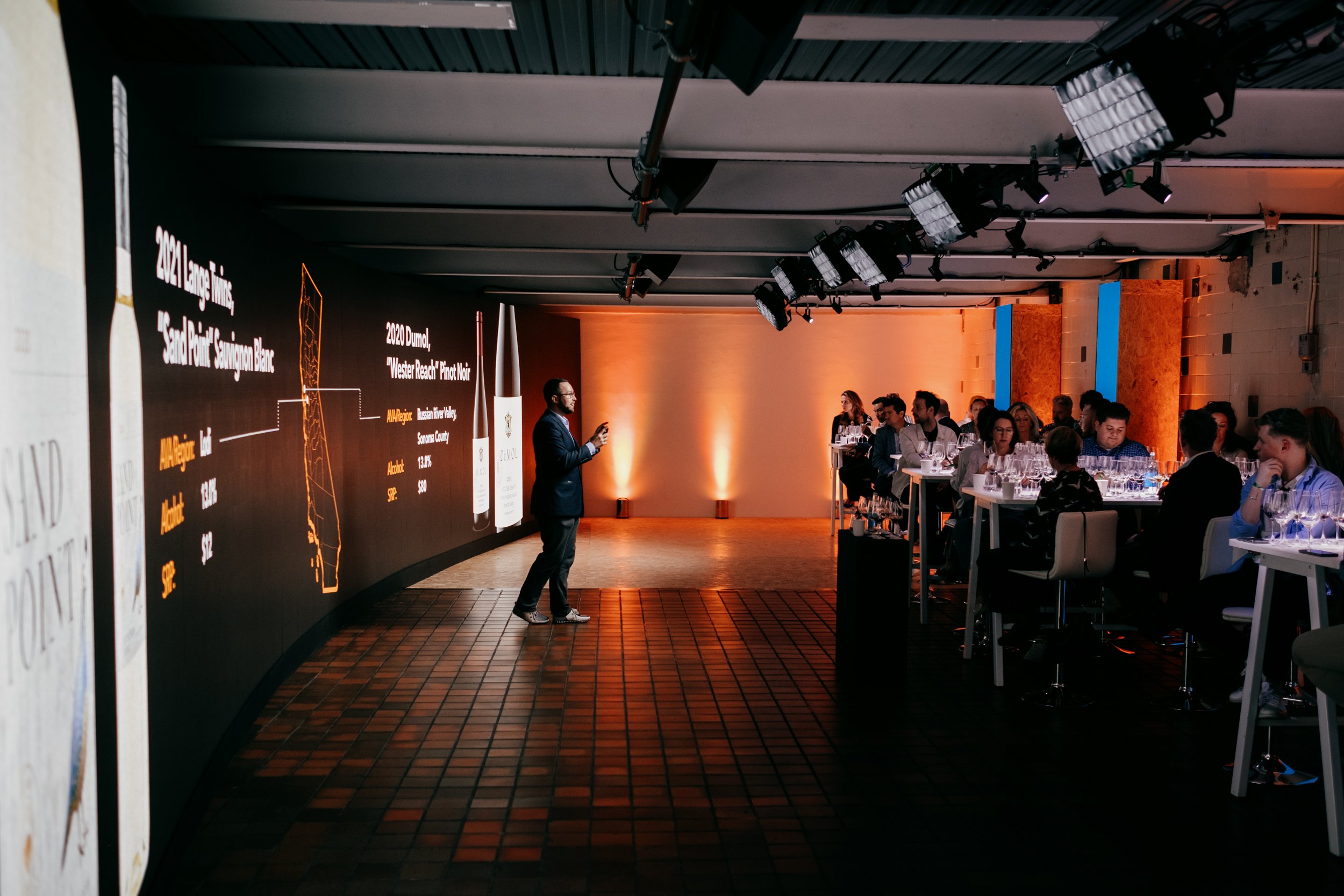Short-term reality vs long-term strategy
“Following a period of survival mode during and post-covid, businesses are beginning to look at how they can refresh their brand strategy” says Managing Director at TBA, James Manley.
How event agencies are changing post-Covid
The last few years has seen businesses face a great deal of change and challenges. We’ve had to face lockdowns, supply chain disruption, an ever-evolving financial environment, and sustainability and ESG pressures. Businesses have had to be reactive, focussing on short-term survival rather than longer-term growth, however, now the stance is shifting. We’re seeing companies now focus on strategic planning, looking at that bigger picture to be proactive rather than reactive.
So, with budgets being cut, expectations sky high, and businesses under pressure to perform, it's more important now than ever to make sure you're communicating and engaging with your audience. And with that said, how we react to the threat of a potential recession (if there even is one?) and the cost-of-living crisis, by being creative with brand communication and building confidence, could that even counteract a recession?
Internal + external = brand advocates
The alignment between engaging your internal team, and them translating your brand story to customers, is paramount. You need your team to be your brand advocates. Employees that understand your vision and that are passionate about the mission, will ultimately be more inspired, motivated, and productive in delivering strategy and driving growth.
Your people are your customers too. They’re the vital link to your customers. So, building brand heroes within, will ultimately lead to growing true advocacy in consumers too.
According to Gallup ‘85% of employees are not engaged in the workplace’, which means there’s enormous amount of untapped potential to fuel growth. We know people find change uncomfortable, and they will approach it with caution and hesitance.
But, with change can come great things. Take the leap and be the leaders of change. You can be ambitious, as long as you invest in bringing your audience with you. Engagement is essential when trying to implement a long-term strategy to achieve stronger growth. When you involve your audience in your brand's story and invite them to be a part of your journey, they feel valued and invested in your success.
If a business wants to change perceptions, change behaviour, and drive performance, they need to build trust and loyalty, and with that, you need engagement.
Emotional connection = engagement
Heightening engagement can help create a sense of community around your brand. When you foster a community of loyal customers who share a common interest or passion, you create a powerful force that can help you make bigger moves. This community can provide support, advocacy, and even help you spread the word about your brand and its values.
The highest engagement will be achieved through creating an emotional connection with your audience, and to showcase your brand personality. Don’t just tell your audience who you are and what you do, show them! Let them experience exactly what you stand for and what makes you unique and create a buzz around the brand.
James Manley, MD of TBA, part of TBA Group, comments on the value brands can gain from building emotional connections and trust with their consumers, “If a brand can tell stories that really resonate with their audience, in a way that the consumer can feel and interact with, then they’re more likely to build a deeper connection and generate a longer-term commitment from the consumer."
If consumers are to lose confidence, against the threat of the cost-of-living crisis, brands that build trust with customers become a much safer bet. According to GWI, trust for the brand, ranks third out of a list of 14 purchase drivers for consumers, ahead of discounts, good customer service, and purpose-driven factors – that’s not to be ignored.
Insight + innovation = making big moves
The beauty of creating connections with your consumers means that how they interact with your brand, can inform your product development, marketing processes, and insights into new trends.
And now with ever evolving digital capabilities, and the rapid adoption of AI and new technologies, this gives brands even more access to personalisation, data in real time, and the creation of products or services that better meet the needs of your audience.
No one wants to be standing still. And a new generation of technology and talent is coming into the workplace. If we think about where the economy is now and where it could be in five years, will we even recognise it? That's going to take a while to establish. We don't know what our children's careers will look like in future years. Businesses are trying to prepare for the likes of the Metaverse and AI but don't know how to navigate it. We can help unpick that, lay out the plan to get there, and help communicate it.
Now is the time for businesses to be exploring their options to build out their strategic growth plan. We’re seeing an increasing number of businesses shifting focus towards their brand experience functions. Businesses can’t just rely on the brand name and products themselves anymore.
It’s about engaging people emotionally, whether it’s you as a person or you as a business. There will be some movers and shakers making some significant strategic moves in this time of transition, and if you’re not the one making some moves, your competitors will be!



